Ensuring a Lasting Legacy in Texas
Estate planning for small business owners is critical for safeguarding your life’s work. In Texas, the legal landscape offers unique opportunities and challenges for business succession and asset protection. This comprehensive guide delves deeper into the nuances of estate planning, tailored for the entrepreneurial spirit.
The Adventure of Estate Planning for Small Business Owners in Texas
Picture this:
You’re the captain of a ship, your small business, navigating through the vast, unpredictable Texas business seas. Like any savvy captain, you know the importance of planning for every possible scenario, including the unexpected storms and pirate encounters—metaphorically speaking, of course! Estate planning for your small business is akin to charting a course for smooth sailing, ensuring your precious cargo reaches its intended destination, even if you’re not at the helm.
Why should you, the brave captain, embark on this estate planning voyage?
Simply put, it’s all about safeguarding your life’s work and ensuring your legacy thrives for generations. It’s about making sure your ship doesn’t end up in the wrong hands or get lost in the abyss of legal complications and tax burdens.
So, why keep reading about estate planning for small business owners?
Because in the next few paragraphs, you’ll discover the treasure map of estate planning—complete with Xs marking the spots of key components, strategic maneuvers to minimize tax impacts, and ways to protect your assets from the metaphorical pirates of the business world. We’ll even guide you through the stormy seas of legal considerations and help you plan for the calm and the turbulent times.
Embark on this journey with us to ensure your small business ship is well-equipped for now and the future. Let’s set sail into the world of estate planning, where the waters are deep with significance but navigable with the right map in hand.
Introduction to Estate Planning
Estate planning is essential, not optional, for small business owners. It’s about controlling the future of your business and assets. In Texas, failing to plan means leaving your legacy to chance. Proper planning ensures your business thrives beyond your tenure.

Key Components of an Estate Plan
A well-structured estate plan includes several critical components. Wills and trusts direct asset distribution. Powers of attorney and healthcare directives safeguard your interests during incapacitation. Each piece plays a pivotal role in comprehensive estate planning.
| Component | Significance for Small Business Owners |
| Wills | Directs the distribution of your business and personal assets according to your wishes. |
| Trusts | Offers more control over how your assets are distributed and can help avoid probate. |
| Power of Attorney | Allows you to appoint someone to manage your affairs if you’re unable to do so. |
| Healthcare Directives | Ensures your healthcare wishes are followed if you’re incapacitated. |
| Buy-Sell Agreements | Facilitates the smooth transition of your business to your chosen successor. |
| Life Insurance | Provides financial security and liquidity for estate taxes, debts, or family support after you’re gone. |
| Succession Plan | Outlines who will take over your business, ensuring its continuity and preserving its legacy. |
Succession Planning
Succession planning is about continuity and legacy. It’s choosing who will steer your business forward. In Texas, this decision affects not just your business but also your family and employees. Thoughtful planning ensures a seamless transition.

Tax Implications and Minimization
Taxes can significantly impact your estate and business. Texas laws provide avenues for tax minimization. Understanding these options is key. Strategies like gifting and trusts can reduce your estate’s tax liability, preserving more wealth for your heirs.
Asset Protection Strategies
Protecting your business assets is crucial. Texas law offers various protection strategies. Trusts, insurance, and the right business structure can shield your assets from creditors. These measures ensure your business’s resilience.
Legal Considerations for Small Business Owners
The legal structure of your business impacts estate planning. Sole proprietorships, partnerships, LLCs, and corporations each face unique challenges in Texas. Tailoring your estate plan to your business type is essential for effective protection.
Life Insurance in Estate Planning
Life insurance offers liquidity and security. It can cover estate taxes and debts, providing for your family when they need it most. This financial tool is a cornerstone of a well-rounded estate plan.
Planning for Incapacity
Incapacity planning cannot be overlooked. Powers of attorney and living trusts ensure your business and personal affairs are managed according to your wishes, even if you’re unable to do so yourself.
Digital Assets Management
In the digital age, managing online assets is a must. Social media, websites, and digital accounts are part of your business’s value. Including them in your estate plan protects these assets for the future.
Family Dynamics and Estate Planning
Family dynamics play a significant role in estate planning. Open communication and involving family members in the planning process can prevent disputes. It’s about fairness, transparency, and ensuring your legacy benefits those you care about most.

Case Studies and Examples
Looking at real-life examples provides context and insights. Successful estate planning by Texas business owners illustrates the benefits of proactive planning. These stories highlight the importance of starting early and seeking professional advice.
Checklist for Estate Planning
A comprehensive estate planning checklist is invaluable. It ensures you cover all bases, from documenting your assets to updating your plan as circumstances change. This checklist is a roadmap to a secure future for your business and family.
Estate Planning Resources and Professional Guidance
Accessing professional guidance is crucial. Estate planning attorneys and financial advisors offer expertise in Texas law and tailored strategies. Their advice can make the difference between a good and a great estate plan.
Common Mistakes in Estate Planning
Common mistakes can undermine your estate plan. Failing to update your plan regularly or overlooking digital assets can have serious consequences. Awareness and proactive management are key to avoiding these pitfalls.
Impact of Recent Laws and Regulations
Laws and regulations are constantly evolving. Staying informed about changes in Texas law is crucial. Adapting your estate plan to these changes ensures it remains effective and compliant.

Docking Your Business Ship Safely with Estate Planning
And there you have it, fellow navigators of the entrepreneurial seas! We’ve journeyed together through the swirling vortex of estate planning for small business owners in Texas. Like finding a safe harbor after a long voyage, understanding the ins and outs of estate planning brings peace to your heart and security to your business.
Why is this journey crucial for you, the intrepid business captain?
Because, at the end of the day, you want your ship—your legacy—to continue sailing smoothly, even if you’re enjoying retirement on some distant shore. Estate planning ensures your business compass points true for future generations, protecting your treasure from the tax krakens and legal storms.
Remember, the key to a successful voyage is not just in knowing where to sail, but in preparing your ship for any eventuality. Estate planning is your map, your compass, and your anchor. It’s the difference between leaving your crew adrift and setting them up for uncharted success.
So, as we dock at the conclusion of our adventure
Remember: the treasure of a well-planned estate isn’t just gold or wealth. It’s the legacy you leave, the peace of mind you gain, and the future you secure for those who sail after you. Chart your course wisely, captains, and may your business ships sail on smooth seas!

Other Related Articles:
- Strategies For Passing Down a Family Business In Texas
- Estate Planning and Asset Distribution: Key Considerations
- Essential Estate Planning in Texas
- Estate Planning For Texas Entrepreneurs: Protecting Your Business and Personal Assets
- Understanding the Basics Of Estate Planning In Texas
- Estate Planning: Understanding the Importance of charitable giving
- The Role of a Texas Estate Planning Attorney in Probate and Estate Planning
- 5 Common Misconceptions About Texas Probate and Estate Planning
- Estate Planning and Probate: Maximizing the Benefits of a Will
- What do small business owners Need to Know About Alimony?
Frequently Asked Questions:
.dropdown { cursor: pointer; } .dropdown-content { display: none; margin-left: 20px; } .dropdown:hover .dropdown-content { display: block; }How much does estate planning cost in Texas?
The cost of estate planning in Texas can vary widely based on the complexity of the estate and the specific services required. It typically ranges from a few hundred to several thousand dollars.
How much does a trust cost in Texas?
Setting up a trust in Texas can cost anywhere from $1,000 to $4,000 or more, depending on the complexity of the trust and the rates of the attorney drafting it.
How do I avoid probate in Texas?
To avoid probate in Texas, you can use living trusts, designate beneficiaries on accounts, own property jointly, and utilize transfer-on-death deeds for real estate.
What are the most important estate planning documents?
The most important estate planning documents include a will, durable power of attorney, medical power of attorney, advance healthcare directive, and, in some cases, a trust.








